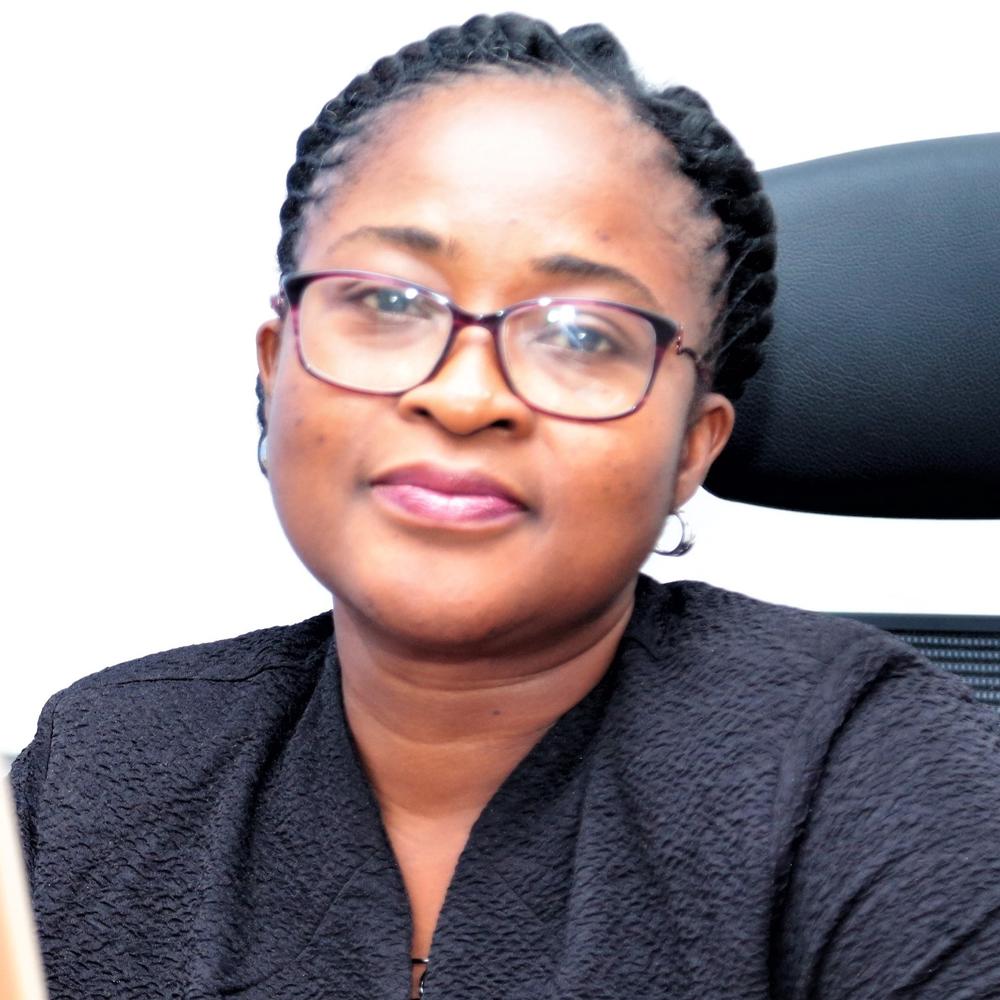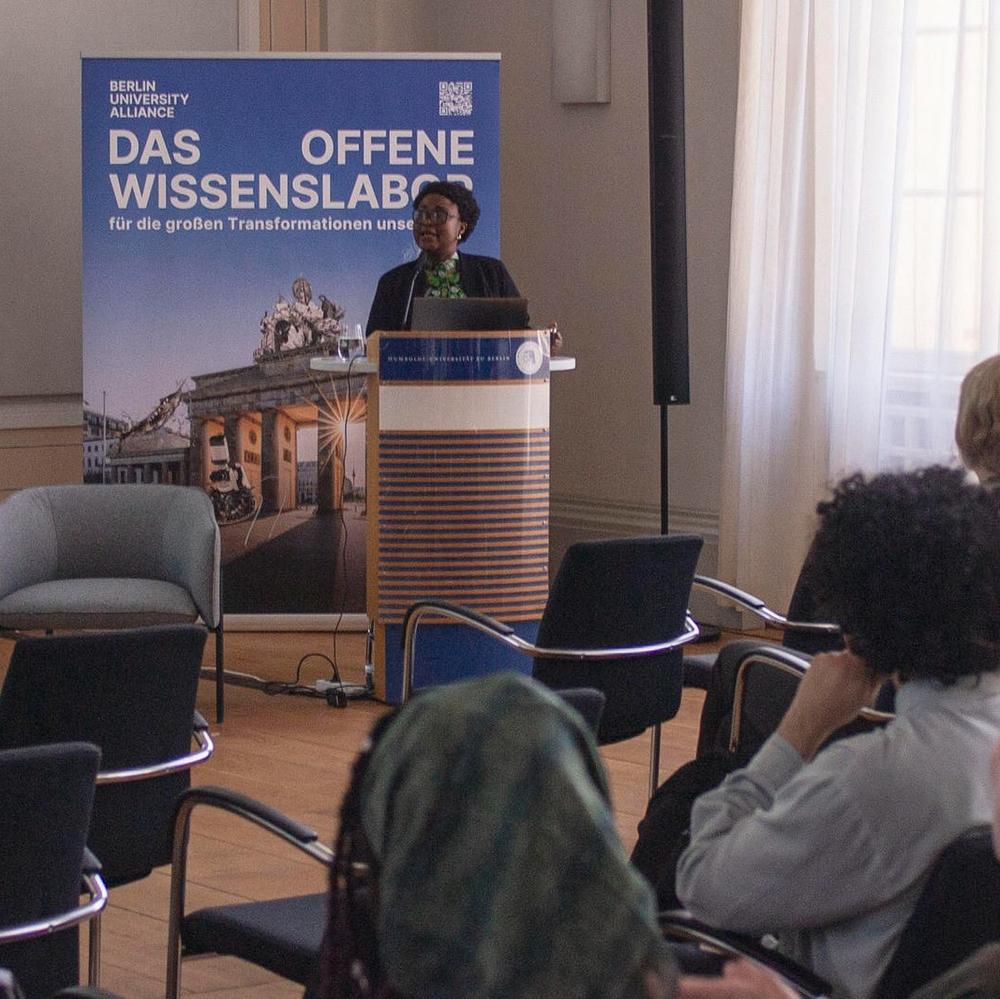Angela Dziedzom Akorsu
is an associate professor of labour and gender studies at the University of Cape Coast, Ghana. Since 2022, Professor Akorsu serves as Dean of the School for Development Studies. Her earlier leadership roles include Head of the Department of Labour and Resource Studies, and Research Coordinator at the Centre for Gender Research, Advocacy, and Documentation (CEGRAD), all at the at the University of Cape Coast (UCC). Her scholarship is grounded in a commitment to amplifying the perspectives of those often excluded from mainstream development narratives. She also maintains a strong intellectual engagement with the philosophical foundations of Development Studies and with Gender and Development, bringing critical reflection to the ways in which we conceptualize progress, empowerment, and justice.
From April to October 2025, she serves as Audre Lorde Visiting Professor
of the Diversity and Gender Equality Network (DiGENet) of the Berlin University Alliance. She is hosted by Freie Universität Berlin, where she is teaching a master course, "Changing Epistemologies: Feminist African Philosophy of Knowledge," and is working to develop a proposal for future cooperation. Her work focuses on women’s work in the digital platform economy, exploring the intersection of gender, technology, and labour and how digital platforms shape the experiences of women and other marginalized groups in the workforce. Professor Akorsu delivered her fellowship inaugural lecture at the 15th DiGENet Network Meeting and DiGENet Dialogues "Sustainable Synergies: Uniting Gender, Diversity, and Global South Voices“ on May 6th, 2025 titled, "Gender Division of Labour, Women's Work and the Sustainability Question". In her lecture, she demonstrated how women’s work in Ghana is gendered and how that undermines sustainability. She explained that the root cause of gendered work is a hierarchically structured system of gender division of labour under the global capitalist economic system within which women anywhere, including Ghana, are trapped. She further explained that the SDGs have failed to address women’s work problems because those are a creation of global political economic powers and cannot counter the effects of its own ills. Thus, according to Professor Akorsu, sustainable work for women is not a mere gender issue; it is an economic, social, and environmental necessity that requires an economic transformation with a gender-just and decolonized approach to sustainability, one that is rooted in African realities, histories, and collective struggles.


